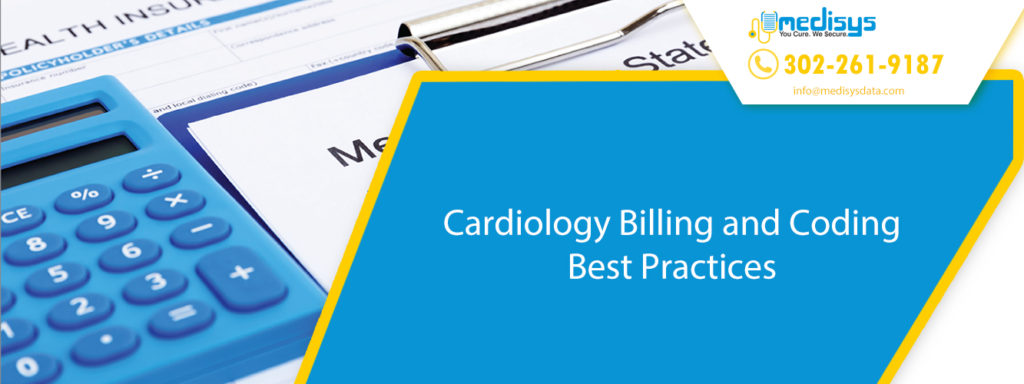Cardiology billing and coding is complex so often it leads to challenges in reimbursement for practice. The charges for services are differently depending on where the services were provided for example in same day surgery centers, in a hospital setting, or in the doctor’s office. Correct Cardiology billing and coding require an excellent working knowledge of current coding rules, cardiology specific codes, and compliance standards. Billers and coders do mistakes and it is common and sometimes companies do have enough knowledge of the updated billing and coding rules. To get more reimbursement out of your cardiology billing and coding, you will have to be clear understanding of updated cardiology billing guidelines. Even small mistake in cardiology billing and coding can result in denial that lower your practice revenue.
Use of Electronic Health Records
Nowadays EHR systems are used to collect and store patient health information digitally. These records help to ensure the accuracy of documentation and track your patient’s data. Wrong documentation can slow down your practice’s revenue cycle. This can put your practice at risk of audits, and decrease your billable expense reimbursements. It’s very common for changes in anticipated procedures to occur, so thorough and complete documentation is critical. EHR systems help to and make sure each and every data you are storing is easy to access at any point of time.
Combo Codes
ICD-10 contains few combination codes for different cardiology conditions. Make sure you are using them when suitable. Your coder need to follow code’s instructions to use additional codes.
Conduct Regular Trainings
Provide regular training to your staff. It confirms that your coders are updated. Because billing and coding regulations are constantly updating, your team needs to be have knowledge about these constant updates.
Focus on Diagnosis Coding
It is important to avoid reporting symptoms when they are not included. If you are sure about diagnosis of patient, this you should be reported instead of using a symptoms code. If specific instructions are missing from notes, you should not use additional code for the symptoms which are generally associated with a disease. According to ICD-10 official guidelines, symptoms which are not associated with disease may be reported.
Medisys Data Solutions Inc., can help physicians to avoid such situations and ensure your revenue is optimized.
Call us today at 302-261-9187 or email us at info@medisysdata.com and let our billing manager assist you in choosing the right solution.












